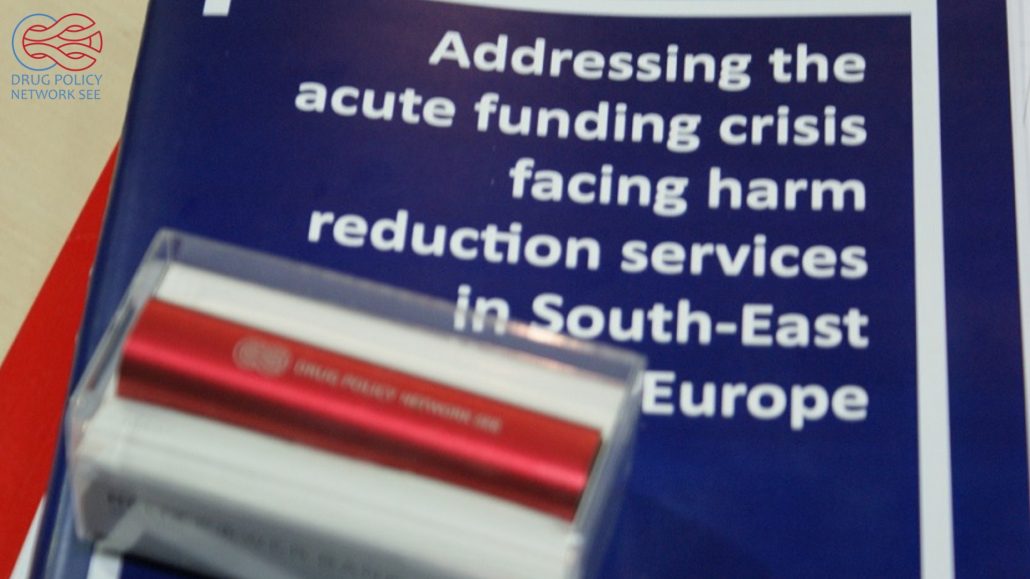What is the evidence base for the medical use of cannabis and cannabinoids? What is the difference between cannabis preparations and medicinal products and why is this important? How is this issue regulated in the EU? These and other questions are explored in a new report published today by the EU drugs agency (EMCDDA): Medical use of cannabis and cannabinoids: questions and answers for policymaking. The report responds to growing interest in this topic as more European countries develop policies and practice in this area.
ʻMany EU countries now allow, or are considering allowing, the medical use of cannabis or cannabinoids in some formʼ, states the report. But approaches vary widely between countries, both in terms of the products permitted and the regulatory frameworks governing their provision. Understanding this variety of national approaches is important for an informed policy debate in this area in the EU.
The report aims to explore current practice in the EU regarding the provision of these substances for medical purposes and clarify some of the complex issues in this area in order to support science, policy and practice. The report notes that the terms ʻmedical use of cannabis and cannabinoidsʼ can refer to a wide variety of products and preparations that may contain different active ingredients and use different routes of administration.
The publication provides a state-of-the-art overview of evidence for the medical use of cannabis and cannabinoids. It concludes that more research and clinical studies are needed to fill ʻimportant gaps in the evidenceʼ.
The report highlights the challenges of decision-making in this area and summarises the multiple issues that governments may consider when deciding whether to make cannabis or cannabinoids available for medical use. These include: the types of product that patients will be allowed to use; the medical conditions for which such products can be used; and the type of medical and regulatory supervision under which patients are allowed to use them.
EMCDDA Director Alexis Goosdeel says: ‘In most countries, the provision of cannabis and cannabinoid products and preparations for medical purposes has evolved over time, often in response to patient demand or product development. This report seeks to provide an objective look at current evidence, practice and experience in this very fast-moving field and describe the complex patchwork of approaches adopted in the EU and beyond. Lastly, it points to the importance of developing a common language on this issue to help build a base for evaluation and assessmentʼ.
 To read the report, follow this link>>>>
To read the report, follow this link>>>>















